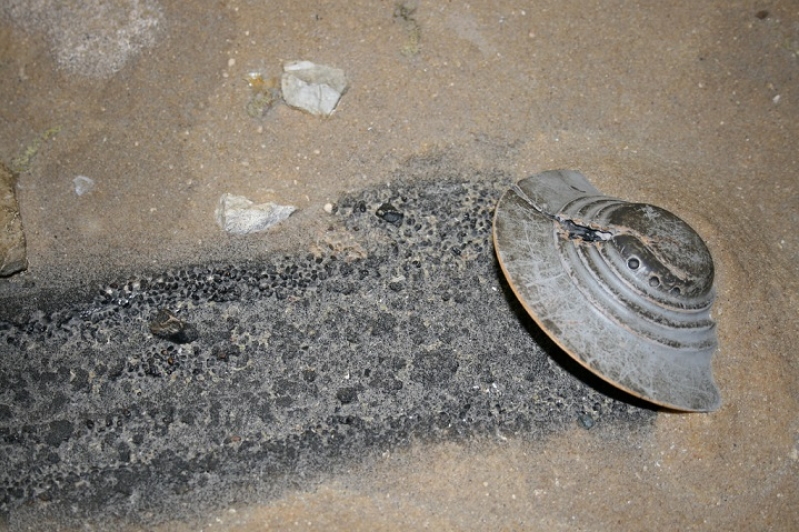
With the discovery of numerous extrasolar planets and even an earth-like planet, believing in alien life does not seem too far-fetched. It also sounds innocent enough, even for many Christians.
However, embracing the principle that life exists in other planets presents serious theological dangers, according to Answers in Genesis. In fact, it can damage a believer's faith.
But how can something so trivial affect one's relationship with God? Astronomer Dr. Danny R. Faulkner, a member of Creation Research Society and the editor of Creation Research Society Quarterly, gives several reasons.
First, the idea that there may be life in other planets hangs upon a probability that out of the trillions of stars out there, there could be other orbiting planets where life could have formed. However, this idea is based on the assumption that life springs up when conditions are favorable.
Faulkner said this principle contradicts what the Bible says.
"From the Bible, we know that this is not how life came about on the earth. Rather, God specially created life on this planet," he wrote in a blog. "It would be inconsistent to believe that God created life on earth but that life arose naturally on other worlds. So if life exists elsewhere, God must have created it too."
The argument that life could have naturally arisen from other planets leads to the question of why God would have allowed such life to exist and grow.
Faulkner explained that in the beginning, God created the earth before any other heavenly body.
"In the beginning, God created the earth first, and He made the heavenly bodies throughout the rest of the universe to serve the inhabitants of earth (Genesis 1:14-19). Isaiah 45:18 makes a distinction between God's role for the earth and the heavens (the rest of the universe)," Faulkner said.
"It says that God did not create the earth in vain, but that He made it to be inhabited," he added.
The earth and the humans who live in it have always been at the center of God's attention.
Second, the fall of Adam affected the whole universe (Romans 8:18-22). How could it have affected those living in other planets, if indeed they exist? Were they put under a curse just like mankind?
"Holding ETs accountable for Adam's sin does not seem just," Faulkner reasoned. "To ETs, Adam would amount to an alien. A gospel message that begins, 'A long time ago in a galaxy far, far away ... ' trivializes the gospel."
Suppose there are separate Adams for every planet where extraterrestrial beings live. How then would Jesus have redeemed them? Was his death and resurrection on the cross enough to save them, or did he have to be crucified and be raised to life on each planet?
"Effectively, this questions whether the existence of ETs can be compatible with the gospel of the New Testament," Faulkner said. "This is a fair question to ask. Unfortunately, while many skeptics raise this question, few Christians take it seriously."
"Skeptics use it to ridicule Christianity. If life is common in the universe, they conclude it's just as probable there is no God. However, you can answer the question in a very different way. If the God of the Bible and the gospel are real, then ETs are not."
The Bible says that Jesus died once for all as a sacrifice for sin (Hebrews 10:12), ruling out the idea that He was crucified and raised to life multiple times to redeem the beings in other planets.
Faulkner warned against Satanic deception working to convince God's people that alien life is real.
"Most people who strongly believe in alien visitations believe in evolution and reject the authority of Scripture. They are well aware that alien life conflicts with the teachings of the Bible," he said.
"To them, the reality of ETs disproves the Bible. Given that belief in ETs is so powerful in turning people away from the truth, the possibility of satanic deception is quite real."






